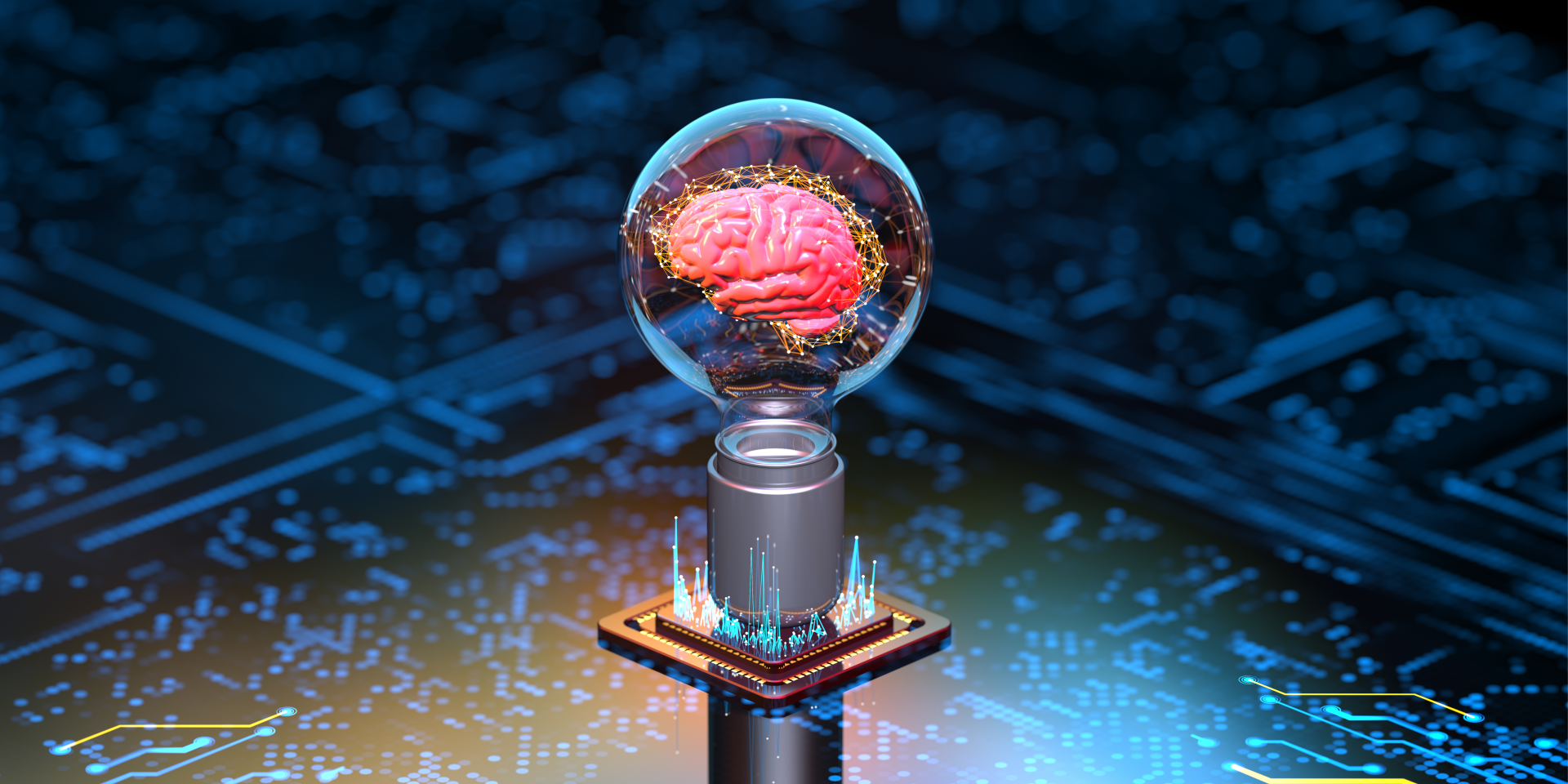Quantum computing is a rapidly developing field with the potential to revolutionize many aspects of our lives. Advancio is eager to the world of possibilities that this will bring to the people. By harnessing the power of quantum mechanics, quantum computers can solve problems that are intractable for classical computers.
What is Quantum Computing?
Classical computers use bits, which can be either 0 or 1. Quantum computers, on the other hand, use qubits, which can be both 0 and 1 at the same time. This phenomenon is known as superposition.
Superposition allows quantum computers to perform calculations that would be impossible for classical computers. For example, a quantum computer could search through a database of 10^100 elements in just a few seconds. This is far faster than any classical computer could ever hope to achieve.
Applications
Finance
Quantum computers could be used to develop new financial models and algorithms that could improve risk management and investment decisions.
- Search through vast investment universes, identifying optimal portfolio allocations that maximize returns while minimizing risk.
- Model complex market scenarios, enabling financial institutions to assess potential risks and make informed investment decisions under uncertainty.
- Accurately price complex derivatives, improving the efficiency and accuracy of financial markets.
Materials Science
Quantum computers could be used to design new materials with improved properties, such as strength, conductivity, and durability.
- Simulate the behavior of materials at the atomic level, predicting material properties like strength, conductivity, and reactivity, allowing scientists to tailor materials for specific applications.
- Facilitate the design of lighter, stronger, more efficient, and more sustainable materials for various industries.
- Efficiently search through vast chemical spaces. This can significantly reduce the time and resources required for materials development.
Drug Discovery
Quantum computing has the potential to revolutionize drug discovery by enabling scientists to:
- Simulate the behavior of molecules at an atomic level. Scientist can use this to design more effective drugs.
- Help scientists to identify new drug targets by analyzing vast amounts of biological data.
- Optimize the design of drugs by predicting their properties, such as solubility, stability, and toxicity.
Artificial Intelligence
This could be used to train artificial intelligence models that are more powerful and efficient than existing models.
- Optimize image recognition algorithms, improving their accuracy and enabling applications in medical imaging, autonomous vehicles, and satellite imagery analysis.
- Develop quantum-powered NLP models to improve the ability of machines to understand human language, with applications in machine translation, chatbots, and sentiment analysis.
- Accelerate drug discovery by simulating molecular interactions and identifying potential drug candidates more efficiently.
Challenges
Challenges in Quantum Computing
1. Sensitivity to Noise: Quantum computers, operating in the delicate realm of superposition, are highly sensitive to external disturbances, known as noise. Even the slightest interference can disrupt the stability of qubits, presenting a formidable challenge in maintaining the integrity of quantum calculations.
2. Complexity in Construction: Building and operating quantum computers require highly specialized hardware and software, currently unavailable in commercial markets. The intricate nature of quantum systems demands precision and expertise, making the development and maintenance of these machines a complex challenge.
3. Error Correction: Quantum computers are prone to errors due to various factors, including imperfections in hardware and environmental factors. Developing effective error correction mechanisms in quantum computing is an ongoing challenge to ensure the reliability and accuracy of quantum calculations.
4. Scalability: As quantum computers advance, scaling up their capabilities without compromising coherence becomes a critical challenge. Achieving scalability is essential to tackle increasingly complex computational problems, and addressing this challenge will be pivotal for the widespread adoption of quantum computing.
5. Quantum Software Development: Creating software that harnesses the full potential of quantum computers is another hurdle. The traditional methods used in classical computing may not be directly applicable, requiring the development of new algorithms and programming languages tailored to the unique principles of quantum mechanics.
6. Quantum Communication: The development of quantum computers also raises challenges in quantum communication. Establishing secure communication channels that align with the principles of quantum entanglement is essential for the practical implementation of quantum computing in secure data transmission.
Conclusion
While the potential of quantum computing is vast and transformative, it’s crucial to acknowledge the hurdles on the path to its realization. Sensitivity to noise, complexity in construction, error correction, scalability, software development, and quantum communication are formidable challenges that researchers and developers are actively addressing.
As we navigate through these challenges, the anticipation for a future where quantum computers revolutionize industries, solve complex problems, and usher in a new era of computational power intensifies. Quantum computing is not just a technological advancement; it’s a journey into the unknown. Stay tuned for more updates on the exciting developments in the world of quantum computing.
